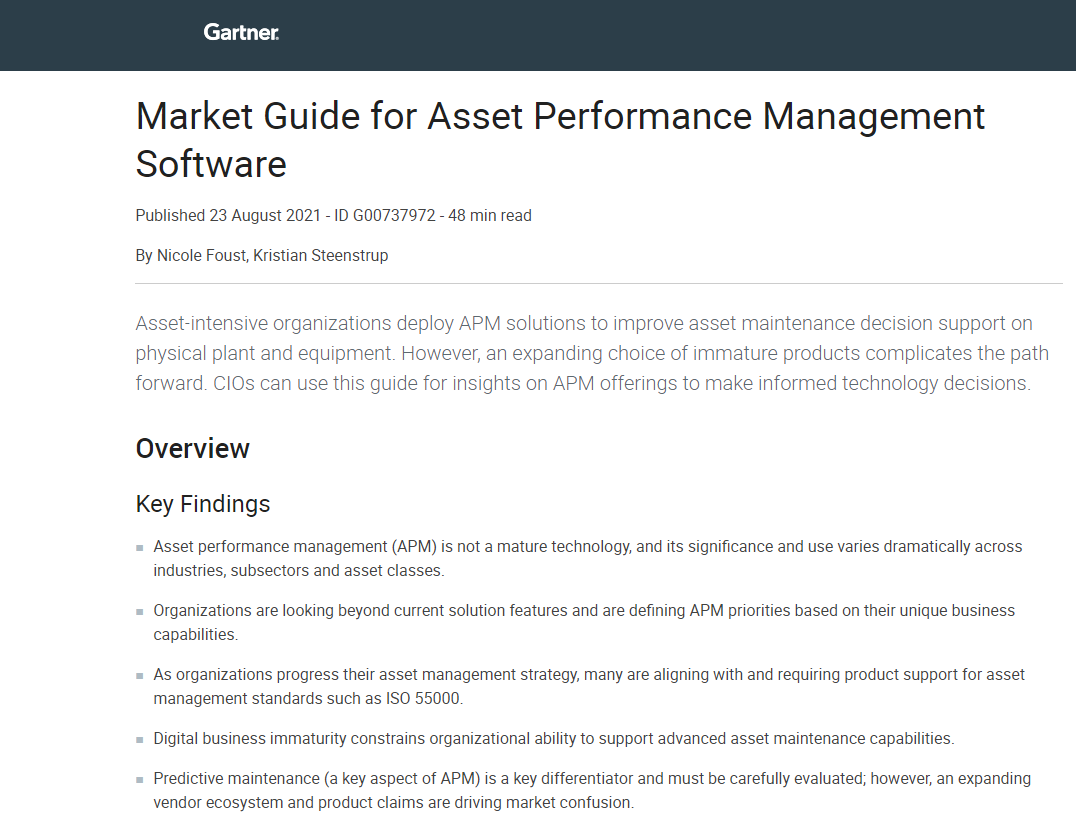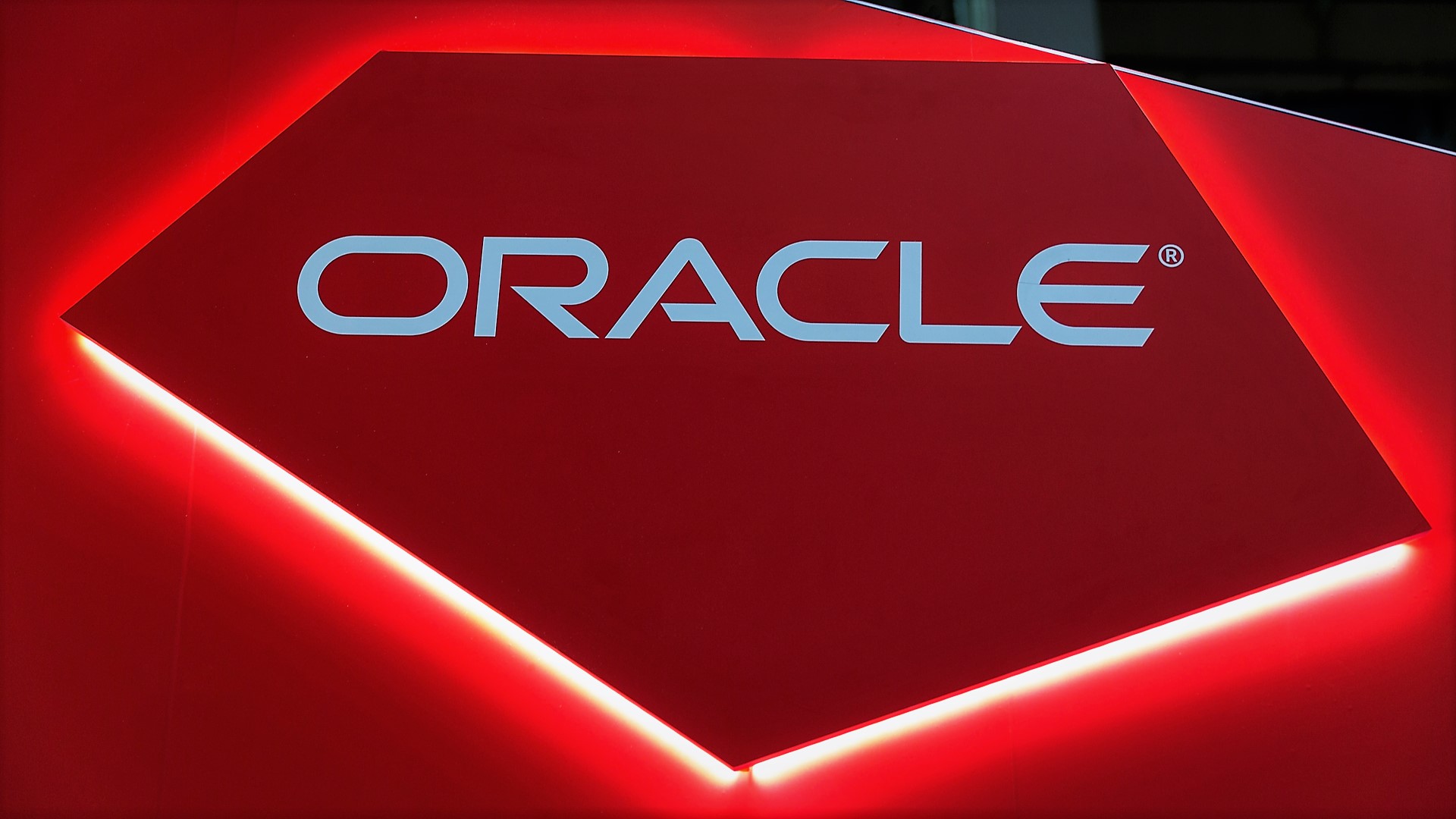Industry hits out at ICANN domain name application process
High application fees mean smaller firms will miss out on securing their business domains, experts warn.

Industry watchers have criticised the application processed used by the Internet Corporation for Assigned Names and Numbers (ICANN) to assign generic top level domain (gTLD) for favouring larger firms.
For an initial cost of $185,000, corporations were offered the chance to purchase new generic top-level domains (gTLDs) through an application process co-ordinated by ICANN.
This could be viewed as a silent privatisation of the web.
Among the most popular domain names were .app, which had 13 applications, and .home and .inc, which had 11 each. In cases like these, firms will have to hold auctions, with the domain name going to the highest bidder.
The organisation hopes the initiative will open up more competition, but domain name registrar, Names.co.uk warns it could lead to a "silent privatisation of the web", as big brands like Google and Apple shell out mega bucks to secure the ones they want.
However, Names.co.uk said the process could work against smaller players who cannot afford the hefty sign-up fee.
Stephen Ewart, marketing manager for Names.co.uk, explained: "Our concern is that this could lead to more Facebook-style walled gardens as big brands seek to keep you in their own areas of the internet.
Get the ITPro daily newsletter
Sign up today and you will receive a free copy of our Future Focus 2025 report - the leading guidance on AI, cybersecurity and other IT challenges as per 700+ senior executives
"Make no mistake, this change to the domain name world will lead to more competition and consumer choice, but it could also be viewed as a silent privatisation of the web for better or worse."
Not only does the process favour large firms, but Ewart also points out that the web is still heavily dominated by the US.
For example, 911 of the 1930 total applications were from US-based firms, including one who applied for 101 domain names.
Campbell Newell, partner at intellectual property law specialists Marks & Clerk LLP, said the large number of applicants in this first round shows there is a great demand for firms to have their own slice of internet real estate.
This is because customised domain names help with branding and reputation, he added.
However, some firms feel the pressure to register a domain name just to protect their brand, explained Newell.
"[N]ot all applications on this list will represent a proactive desire to incorporate a branded domain name into marketing strategies.
"Some applications will have had a defensive motivation, [for instance] businesses and organisations wishing to ensure that a certain domain name cannot be used or abused by others," he said.
-
 Bigger salaries, more burnout: Is the CISO role in crisis?
Bigger salaries, more burnout: Is the CISO role in crisis?In-depth CISOs are more stressed than ever before – but why is this and what can be done?
By Kate O'Flaherty Published
-
 Cheap cyber crime kits can be bought on the dark web for less than $25
Cheap cyber crime kits can be bought on the dark web for less than $25News Research from NordVPN shows phishing kits are now widely available on the dark web and via messaging apps like Telegram, and are often selling for less than $25.
By Emma Woollacott Published
-
 IDC: The business value of IBM Maximo
IDC: The business value of IBM MaximoWhitepaper Integral to the transformation of asset management
By ITPro Published
-
 How to choose APM software for your business
How to choose APM software for your businessWhitepaper A market guide to Asset Management Performance software
By ITPro Published
-
 Scandal-hit Toshiba to split into three companies
Scandal-hit Toshiba to split into three companiesNews The troubled Japanese giant aims to create more value for investors with "attractive" business separation
By Bobby Hellard Published
-
 Tektronix updates its asset management software
Tektronix updates its asset management softwareNews CalWeb gains four new capabilities surrounding test and measurement equipment calibration
By Praharsha Anand Published
-
 Oracle Utilities partners with Veracity and Triniti to streamline utilities’ digital transformation
Oracle Utilities partners with Veracity and Triniti to streamline utilities’ digital transformationNews The trio will join forces to enhance utilities’ critical infrastructure and processes
By Praharsha Anand Published
-
 The definitive guide to warehouse efficiency
The definitive guide to warehouse efficiencyWhitepaper Get your free guide to creating efficiencies in the warehouse
By ITPro Published
-
 Atera raises $77 million for its all-in-one SaaS
Atera raises $77 million for its all-in-one SaaSNews RMM by Atera helps MSPs monitor and manage remote IT networks with ease
By Praharsha Anand Published
-
 Rockwell and Kezzler join forces to enhance supply chain visibility
Rockwell and Kezzler join forces to enhance supply chain visibilityNews New track-and-trace platform helps manufacturers monitor their products' lifecycles
By Praharsha Anand Published